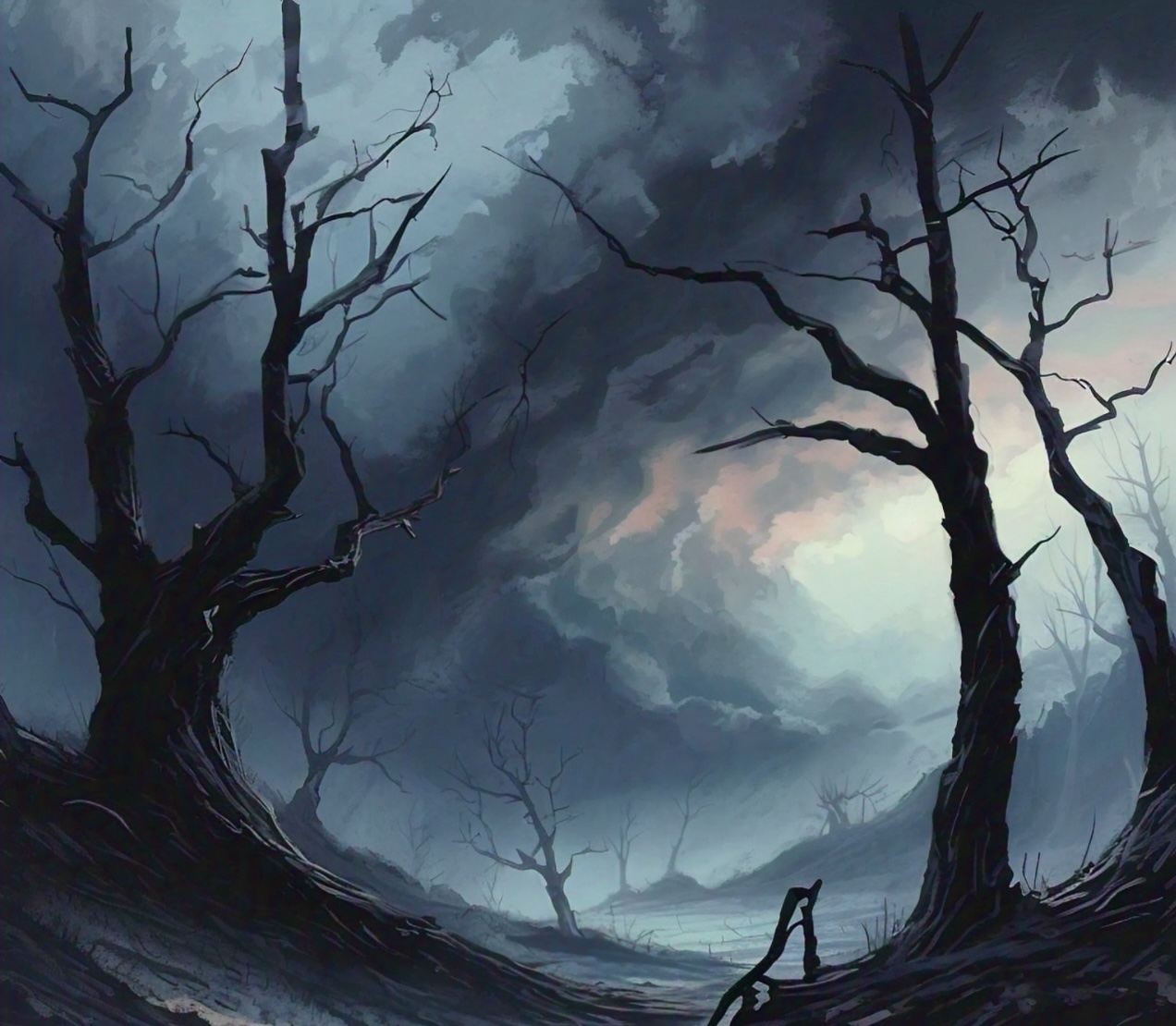On Anxiety

Etymology: From Latin anxietās, from anxius (“anxious, solicitous, distressed, troubled”), from angō (“to distress, trouble”), akin to Ancient Greek ἄγχω (ánkhō, “to choke”). Equivalent to anxious + -ety.
The soothsayer: few states such as anxiety are as indicative about the human condition at every stage of life, from birth to death. Take any human being who is able to converse, and there is almost certainly some combination of words, told from somebody, that will cause them to panic. And this makes perfect sense: things are usually going substantially better than they can be for any given person, but every happy station is necessarily propped up by some fortunate conditions, each which stands on its own conditions.
Take your average married father in the city. He has a stable enough job, a wife he gets along with most of the time, and a child or two. He takes pride in his ability to provide for his family, and he looks forward to seeing his children grow up. Now, if anything were to happen to any of those possessions, he would at least become quite upset, and in the worst case, stricken with grief and despair, traumatized. He is therefore happy (if he is, indeed, happy at all!) with his livelihood, his wife, his kids as condition.
And yet, it’s undeniable that his relationships with each of the above conditions must at some point come to an end. He will have to stop working one day. Either he outlives his wife or vice versa. The same applies to his children. He might not think about this often, but if he were to dwell on it frequently and for long enough, he may find that even the joys in his life are obscured by worry. This is anxiety.
And such thoughts are not easy to purge. As much as one tries to banish them, listening to music, watching television, talking to friends, taking to drink, those same thoughts and fears are likely, when one is sober and alone, to come back with a vengeance.
What if this anxiety rises to the level of being unbearable? What if it impedes us in our day-to-day affairs? We might rightly go to seek treatment from a professional. And what is the outcome? Per a study based on a 2014 survey, 74.9% of Canadians with a mood and/or an anxiety disorder diagnosis were being treated with medications. And for one’s personal productivity and ability to carry on, such medications may be critical. But isn’t this yet another condition?
This might start to sound silly. “Yes, it’s a condition. So are your lungs, your heart, and the head on your shoulders.”
To which I say, yes, that’s true. And, that’s a problem. After all, it means that whoever stakes their happiness on their body is doomed to sorrow. After all, if there’s anything we learn from looking at others, it’s that bodies break down given enough time.
No wonder, then, how common it is for people to turn to religion in their later years. As the faculties start to fail, as dear friends pass away, and as kids move out the house, few things may appear to be as compelling as what might not be dependent on this body. Surely, I am not bound to this body forever? Surely, death is a temporary affair that will end in my resurrection somewhere better?
If only we could assure ourselves of such things. However, any such faith is ultimately built upon conjecture. Even if you saw a purportedly honest man rising up into the clouds as he assured your prosperity, what if it were a hoax? A dream? A hallucination? At the end of the day, to rely on any miracle, any promise, no matter how well-attested, you would be relying on something that you yourself cannot guarantee. And even if you were to reappear in heaven, who’s to say you’d be allowed to stay forever? Who’s to say you wouldn’t roast in hell after a nice long stay?
As for the atheist who considers that they will be annihilated at death, I ask a question: is it not a contradiction in terms to experience your own non-existence? Some might imagine hearing nothing and seeing black, but this all requires a mind to perceive that “nothing”. Rather, for someone who dies drowning, I would imagine it more likely that they’d experience that drowning forever.
Mind and body. At the end of the day, all human concerns hinge on these. After all, whether that father gets to see his wife and child is dependent on his eyes, the hearing on his ears, and so on. Not to mention what we see or don’t see when we die. But the phenomena that appear to us, as our anxiety bears witness, are unpredictable.
In the face of such uncertainty, wouldn’t it be nice if there were one thing that that were guaranteed? One thing that, no matter what happened, could promise freedom from distress? And wouldn’t it be nice if it banished anxiety once and for all? Such a thing, dear reader, does exist; it is the polar opposite of that very anxiety. We must place faith in it and train in it so that it remains permanently established:
Effortless dispassion.